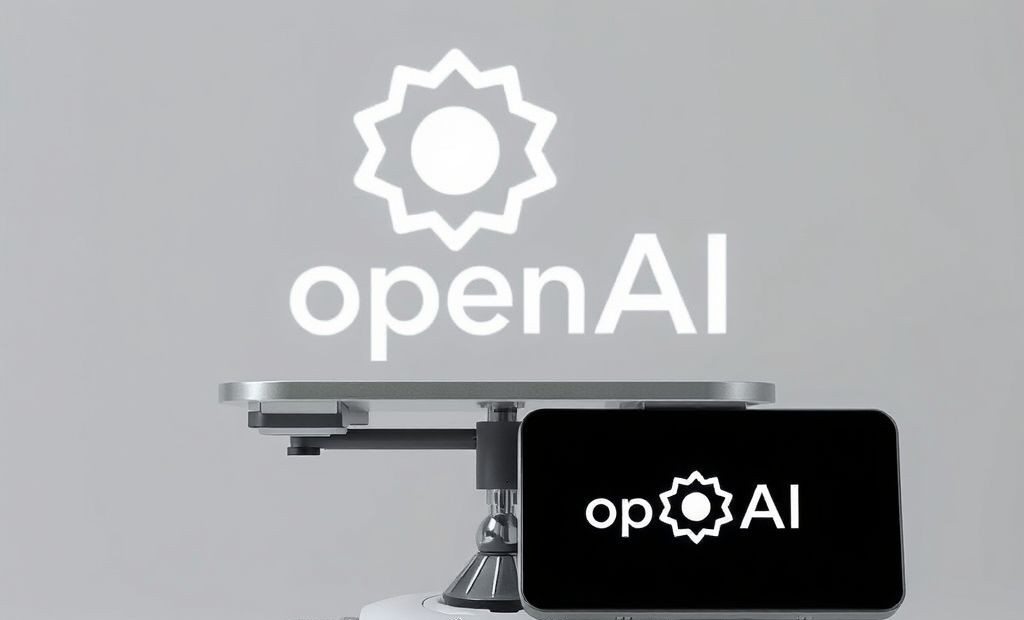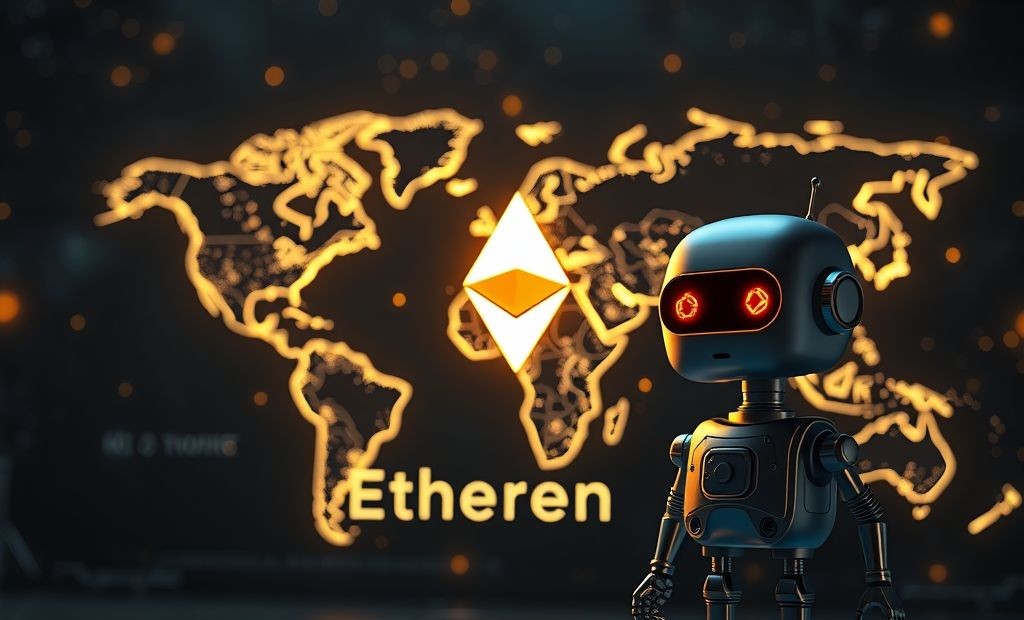Spotify Refreshes Discover Weekly After Ten Years
After a decade of helping users discover new music, Spotify is revamping its iconic Discover Weekly playlist. This refresh promises to enhance the way listeners find their next favorite song. Spotify continues to refine its algorithms to offer even more personalized music recommendations.
What’s New with Discover Weekly?
While the core concept of Discover Weekly remains the same – a personalized playlist delivered every Monday – Spotify is making improvements under the hood. These include:
- Improved Algorithms: Spotify is continuously refining its machine learning algorithms to better understand user preferences. These algorithms analyze listening history, liked songs, and even playlist content to predict what users will enjoy. You can explore more about Spotify’s Newsroom for announcements.
- Enhanced Personalization: The updated Discover Weekly aims to provide even more tailored recommendations. Expect a playlist that aligns even more closely with your unique taste.
How to Make the Most of Discover Weekly
To ensure you get the best possible recommendations, consider the following:
- Listen Actively: The more you listen, the better Spotify understands your preferences.
- Like and Save Songs: Use the heart icon to like songs you enjoy. This signals to Spotify that you want to hear more like it.
- Create Playlists: Curate your own playlists to further refine your musical identity on the platform.
The Impact of Discover Weekly
Discover Weekly has significantly impacted the music industry since its launch. It has helped countless artists gain exposure and has become a staple for music lovers worldwide. Spotify’s commitment to personalized music discovery continues to shape how we consume music. They are looking to boost it with Spotify Premium plans.















